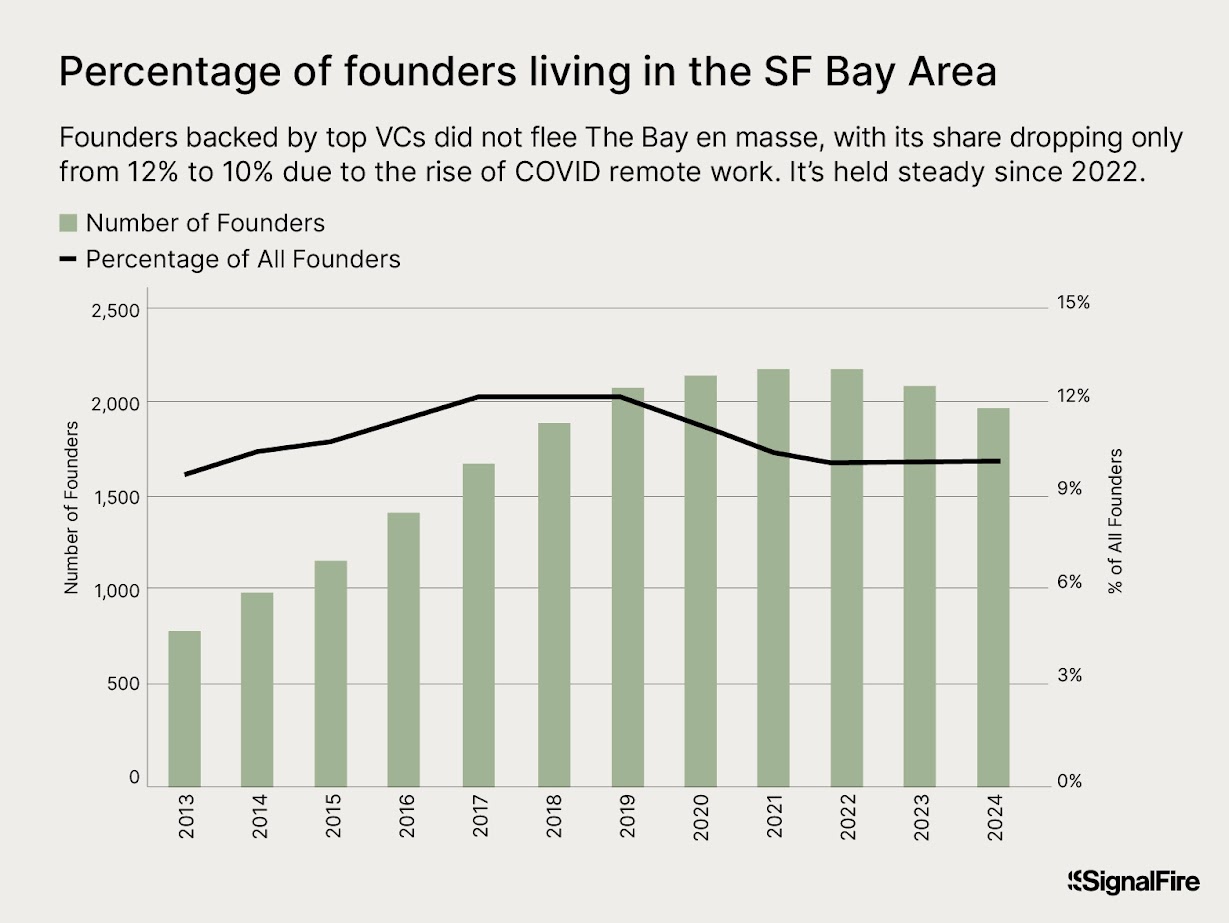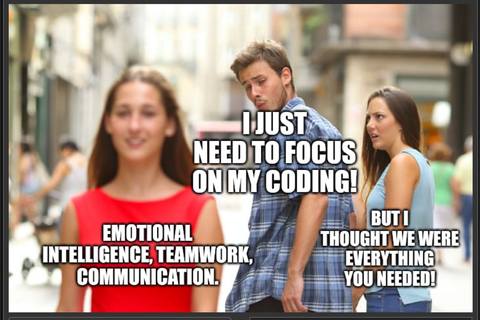Have you ever considered pursuing a Master’s degree in the US primarily to secure a work visa? I recently stumbled upon some eye-opening information about programs known as Day 1 CPT, and I felt compelled to share my thoughts.
What Are Day 1 CPT Programs?
Day 1 CPT stands for Curricular Practical Training that starts on the first day of enrollment in a program. Essentially, these two-year Master’s programs allow international students to work in the US while studying. For approximately $15,000 per year, students can participate in the H1B lottery, increasing their chances of obtaining a work visa.
The Allure of Working While Studying
The idea of earning money while pursuing higher education is undeniably attractive. It offers financial relief and valuable work experience. However, the reality behind these programs is far more complex and, frankly, concerning.
Risks Associated with Day 1 CPT Programs
Visa Complications
Participating in Day 1 CPT can lead to significant visa issues. For instance, transitioning from an F-1 student visa to an H-1B work visa may face rejection. Non-compliance with regulations can result in visa violations, leading to the termination of student status. This not only jeopardizes your studies but also your ability to stay in the country legally.
Fraudulent Institutions
Unfortunately, not all institutions offering Day 1 CPT are legitimate. Some have been involved in fraudulent activities, which can lead to severe legal troubles for students, including arrest or deportation. It’s alarming to think that in pursuit of better opportunities, students might be putting their futures at risk.
Academic Impact
Balancing work and study commitments is no easy feat. Managing both can severely affect academic progress, leading to poor grades and increased stress. Maintaining a strong GPA is crucial, especially if you aim to secure a reputable job post-graduation.
Tips to Navigate Day 1 CPT Programs Safely
Choose Accredited Programs
It’s imperative to select universities with regional accreditation and a solid compliance record with USCIS regulations. This helps avoid legal issues and ensures that the education you’re receiving meets high standards.
Understand Regulations
Make sure that any employment you undertake is integral to your curriculum. Obtain formal approval from your Designated School Official (DSO) before starting any work. This step is crucial in maintaining your visa status and avoiding complications.
Maintain Communication
Stay in constant touch with your DSO about any changes in your employment. Additionally, keep yourself informed about regulatory updates by attending workshops and seminars. Being proactive can help you stay compliant with immigration laws.
Balance Your Commitments
Prioritize your academics alongside work. Maintaining a strong GPA not only supports your educational goals but also reduces the risk of USCIS scrutiny. Effective time management is key to balancing both responsibilities successfully.
Final Thoughts
While Day 1 CPT programs may seem like a golden ticket to working in the US, they come with substantial risks that cannot be overlooked. It’s essential to thoroughly research and choose accredited institutions, understand the regulations, maintain open communication with your school officials, and balance your academic and work commitments carefully. Pursuing higher education abroad should enhance your career prospects, not jeopardize your future.
Read the article: “The Incredible Shift from Junior Lawyers to AI Partnerships”






